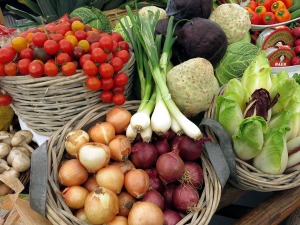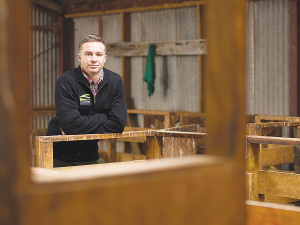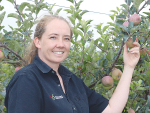“In 2020 prices have been high for a variety of crops, including potatoes, courgettes and tomatoes, at different times of the year and for different reasons,” Stats NZ consumer prices manager Katrina Dewbery says.
As a result of higher fruit and vegetable prices, overall food prices have been trending higher than the most recent consumer price index (CPI) inflation of 1.4% in the year ending September 2020, with December figures due to be released on 22 January.
“Food prices often vary from headline inflation as they can be influenced differently by factors such as growing conditions, international trade, and labour costs,” Dewbery says.
In April, potatoes reached an all-time high price of $2.51 per kilo while New Zealand was in a Covid-19 national lockdown. The spike was mainly caused by a shortage of labour and an increase in demand from supermarkets.
In July, courgette prices skyrocketed to a record high price of $29.60 per kilo as imports from Queensland were suspended due to a virus impacting all fresh cucurbit.
In August, tomatoes hit an all-time high price of $13.65 per kilo as uncertainty for growers about replanting crops during lockdown caused a shortage.
In November, strawberry prices were cheaper than usual as exports decreased leaving more produce available in New Zealand.
In December, food prices were up 0.1% compared with November 2020.
Overall food prices were relatively unchanged, despite kiwifruit prices rising 19% to $8.46 per kilo in December 2020.
Kiwifruit is typically more expensive in December as less of the fruit is available domestically after the harvest ends in May and more is imported.
“Increased air freight costs due to Covid-19 border restrictions could be influencing the price rise as more kiwifruit is imported between November and February,” Dewbery says.
Food prices in December were influenced by a typical seasonal price rise for apples which were up 10% from November and potatoes, up 6.7%.
These were partly offset by seasonal price falls for tomatoes, down 17%, and nectarines, down 20%. These movements are consistent with price patterns during the summer.
The prices of instant coffee and beef porterhouse steak were also down for the month.

















